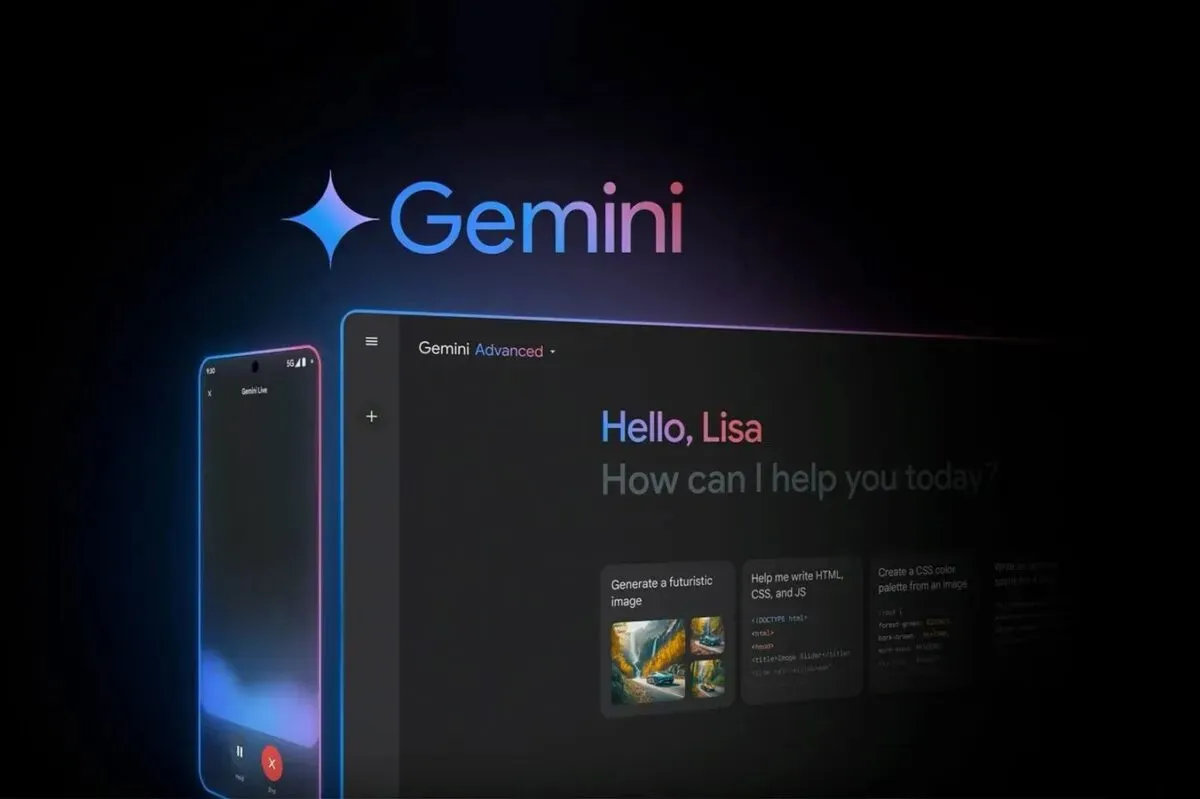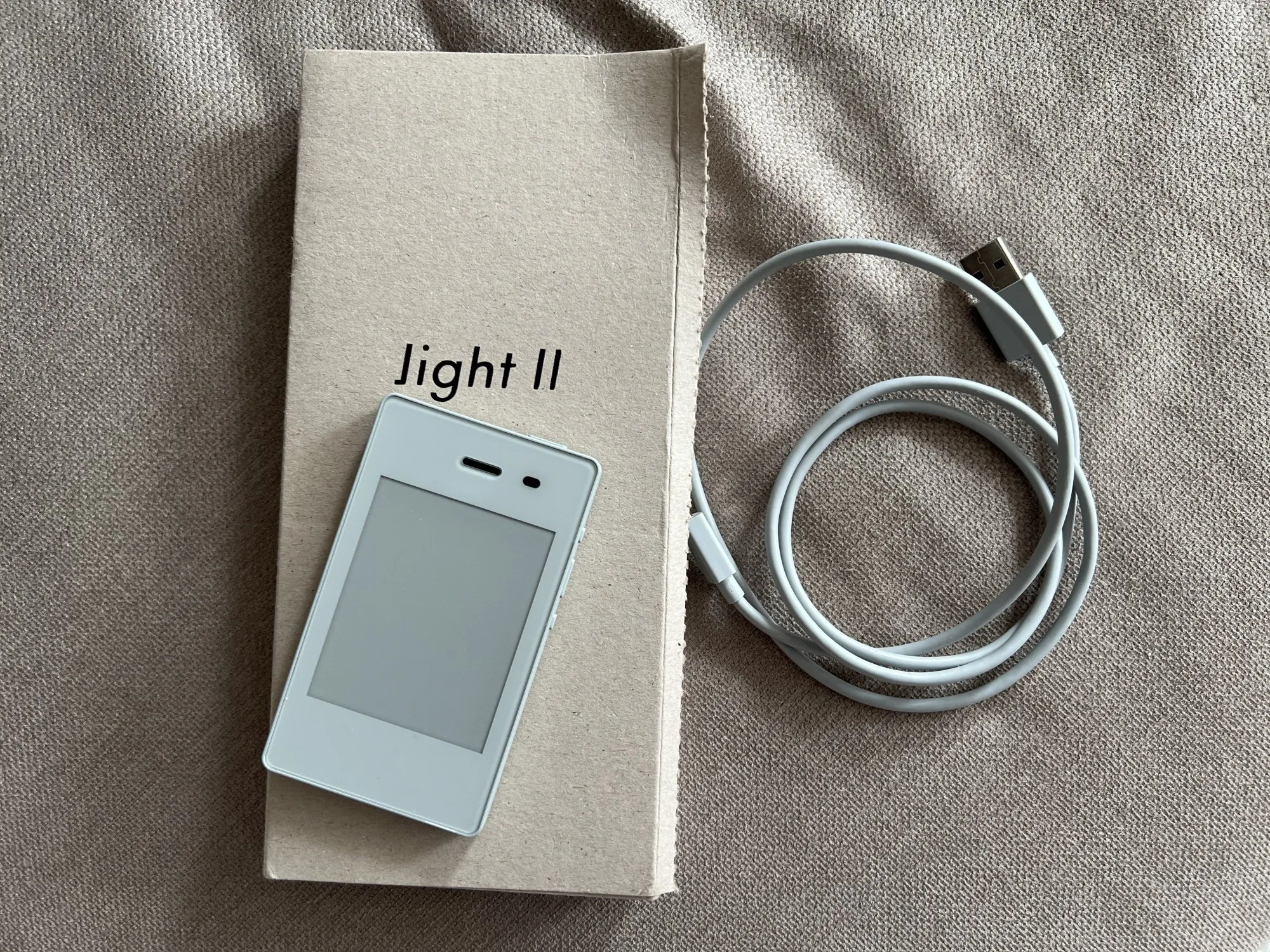Google is taking another major leap in artificial intelligence with the rollout of new real-time video capabilities for its Gemini AI model. Select Google One AI Premium subscribers can now access features that allow Gemini to "see" their screen and interpret live camera feeds. These enhancements represent a crucial step forward in Google’s AI assistant technology, positioning Gemini as a direct competitor to similar AI-driven assistants from Amazon and Apple.
Gemini Can Now Analyze Screens and Live Video Feeds
A Google spokesperson recently confirmed that the company has begun deploying AI-powered features that allow Gemini to analyze the content on a user's screen in real time. This means users can ask Gemini questions about what’s displayed on their phone, whether it’s a webpage, a document, or an app interface. Additionally, Gemini now supports real-time camera input, enabling it to interpret visual information from a smartphone’s camera feed and provide context-aware responses.

The rollout of these features was first hinted at in early March when Google announced that its Gemini Advanced subscribers, part of the Google One AI Premium plan, would soon receive these upgrades. Now, early adopters are starting to see the functionality appear on their devices.
How Gemini’s Real-Time AI Enhancements Work
The new features build on Google’s previous work with Project Astra, an AI system designed to process and understand multimodal inputs, such as text, images, and video, in real time. With these advancements, Gemini can now:
-
Read and analyze on-screen content – Users can ask Gemini questions about a website, email, or document open on their screen.
-
Interpret live video feeds – By accessing a smartphone’s camera, Gemini can analyze real-world objects, providing instant insights or assistance.
-
Enhance productivity and accessibility – These capabilities could help with real-time translations, educational applications, and assisting visually impaired users.

Early User Feedback and Real-World Applications
The new AI-powered features were first spotted by a Reddit user, who shared a video demonstrating Gemini’s ability to analyze screen content. This suggests that Google is gradually expanding access to a wider audience before a full public rollout.
One practical use case for Gemini’s real-time AI is assisting users with everyday tasks. For example, if a user is shopping online and unsure about product specifications, they can ask Gemini to summarize key details. Similarly, students studying a complex subject can leverage Gemini’s AI to generate explanations or contextual information directly related to what’s displayed on their screen.

Additionally, the live video analysis feature could prove useful in areas like home improvement, where users might seek instant recommendations on color matching or assembly instructions. In Google’s own demo video, a user asks Gemini for help choosing a paint color for their pottery, a simple yet effective illustration of how AI can enhance creativity and decision-making.
A Competitive Edge Over Amazon and Apple?
The release of Gemini’s real-time video features underscores Google’s aggressive push to establish itself as the leader in AI-driven personal assistants. While Amazon is working on an upgraded version of Alexa with enhanced AI capabilities, and Apple has delayed its next-generation Siri improvements, Google is actively deploying advanced AI features to its users.
Samsung, another key player in the smartphone market, continues to develop its Bixby assistant, but Google’s Gemini remains the default AI assistant on many Samsung devices. This further strengthens Google’s dominance in the AI assistant space, as users increasingly rely on Gemini for daily tasks.
The Future of Gemini’s AI-Powered Enhancements
As Google continues refining Gemini’s capabilities, we can expect even more interactive and intuitive AI features in the near future. Some potential advancements include:
-
Deeper app integration – Enabling Gemini to interact with more third-party apps for seamless productivity enhancements.
-
Enhanced real-world object recognition – Improving its ability to identify and provide information about physical objects, from plants to historical landmarks.
-
Greater personalization – Allowing users to customize Gemini’s responses and assistance based on individual preferences and needs.
While the feature rollout is still in its early stages, Gemini’s real-time AI video capabilities signal a transformative shift in how users interact with AI on mobile devices. By bridging the gap between digital and physical experiences, Google is creating an AI assistant that is not only reactive but also proactive in helping users navigate their daily lives.
With its latest AI enhancements, Google is setting the stage for a new era of smart assistants. The ability to analyze screens and live video feeds in real time makes Gemini a powerful tool for productivity, accessibility, and creativity. As more users gain access to these features, it will be interesting to see how they integrate AI into their routines and whether competitors like Amazon and Apple can keep pace with Google’s rapid advancements.

-1711075532.jpg)
-1706068439.jpg)

